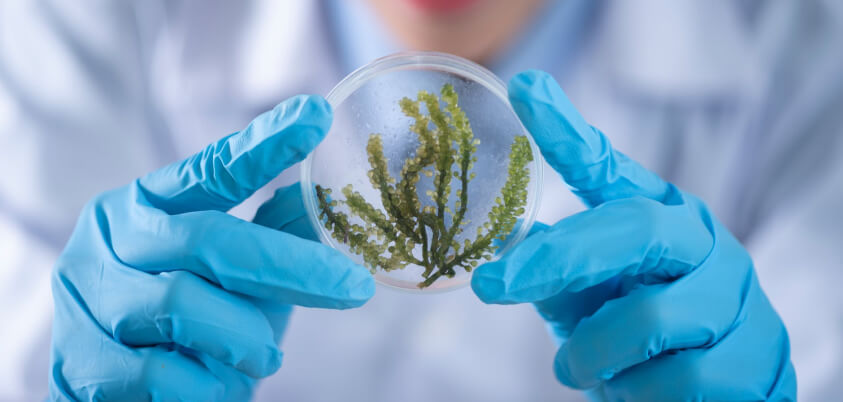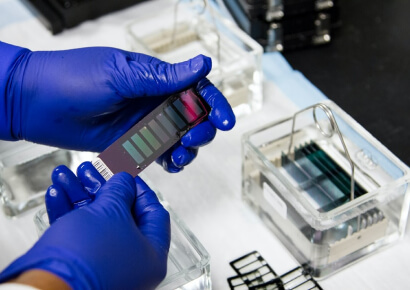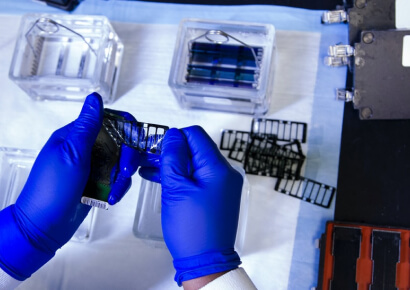
How autophagy models in mice could lead to treatment in humans
Autophagy, the body’s way of cleaning out damaged cells and regenerating new ones, has emerged as a critical process in maintaining cellular health. Researchers are increasingly turning to autophagy models in mice to unravel the complexities of this vital mechanism and explore its potential for treating human diseases. Here’s how these models could pave the way for groundbreaking therapies.
Driven by Curiosity, Powered by Innovation, Transforming Scientific Discoveries into Lifesaving Medical Advances for a Healthier Tomorrow
Dr. Elizabeth Blackwell
Understanding Autophagy
Autophagy, derived from the Greek words for “self-eating,” is a cellular process where cells degrade and recycle their own components. This process helps eliminate defective proteins, organelles, and other cellular debris, thus maintaining cellular integrity and function. Dysregulation of autophagy has been linked to numerous diseases, including cancer, neurodegenerative disorders, and infections.

Why Mouse Models?
Mouse models are invaluable in biomedical research due to their genetic, biological, and behavioral similarities to humans. By manipulating genes and observing the effects on autophagy in mice, scientists can gain insights into the underlying mechanisms of this process and its impact on disease.

Autophagy and Neurodegenerative Diseases
Neurodegenerative diseases such as Alzheimer’s, Parkinson’s, and Huntington’s are characterized by the accumulation of toxic protein aggregates. Mouse models with impaired autophagy genes have provided evidence that enhancing autophagy can reduce these aggregates and improve neuronal function. These findings offer hope for developing autophagy-targeted therapies that could slow or halt the progression of such diseases in humans.
Autophagy and Cancer
Cancer cells often exploit autophagy to survive in nutrient-poor environments and resist chemotherapy. Mouse models have been used to study how inhibiting autophagy can make cancer cells more susceptible to treatment. Conversely, in some contexts, promoting autophagy can help eliminate cancerous cells. These dual roles underscore the complexity of autophagy in cancer and highlight the need for tailored therapeutic approaches.
Autophagy and Metabolic Disorders
Obesity, diabetes, and other metabolic disorders are linked to disrupted autophagy. Studies in mice have shown that enhancing autophagy can improve insulin sensitivity and reduce fat accumulation. These findings suggest that modulating autophagy could be a promising strategy for treating metabolic diseases in humans.
Moving Towards Human Treatments
The insights gained from mouse models are crucial for translating autophagy research into human therapies. Potential treatments could involve drugs that enhance or inhibit autophagy, depending on the disease context. Clinical trials are already underway to test autophagy-modulating drugs in various conditions, from cancer to neurodegenerative diseases.
Conclusion
Autophagy models in mice are shedding light on the intricate role of this process in health and disease. By understanding how autophagy can be manipulated to improve cellular function and combat disease, researchers are paving the way for new treatments that could transform human medicine. As we continue to decode the mysteries of autophagy, the promise of novel, effective therapies for some of the most challenging diseases becomes ever more attainable.


